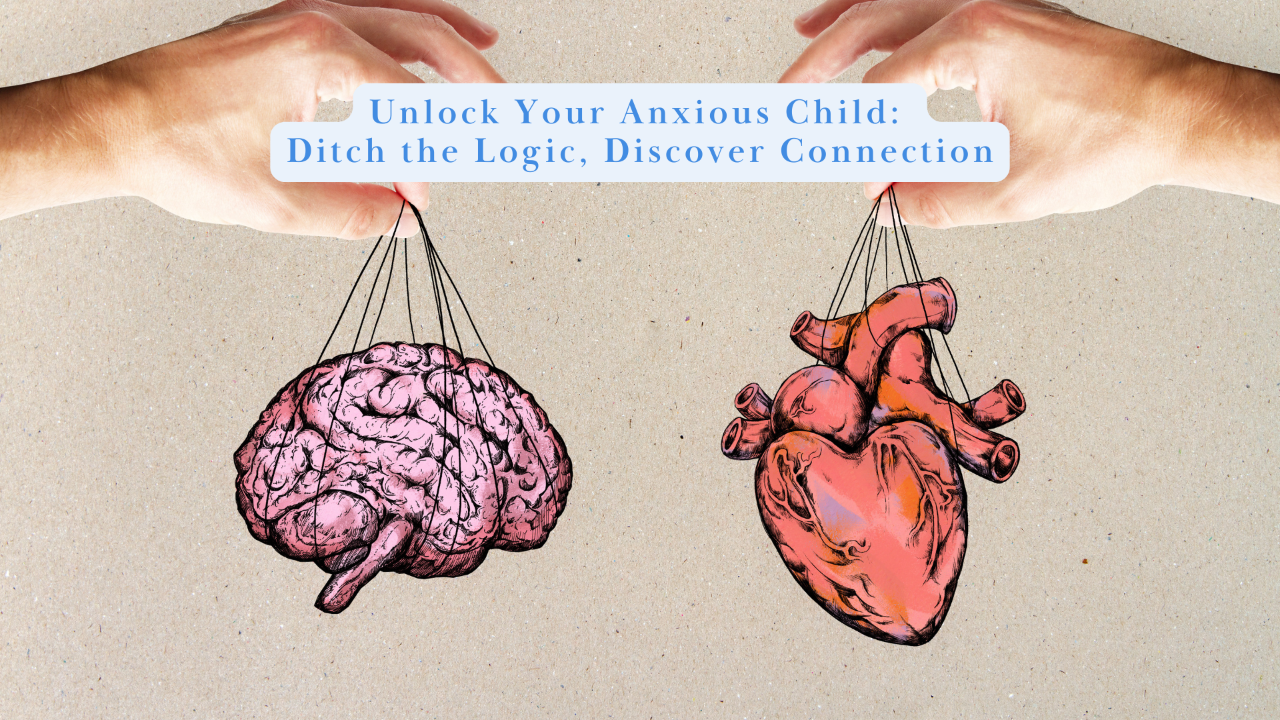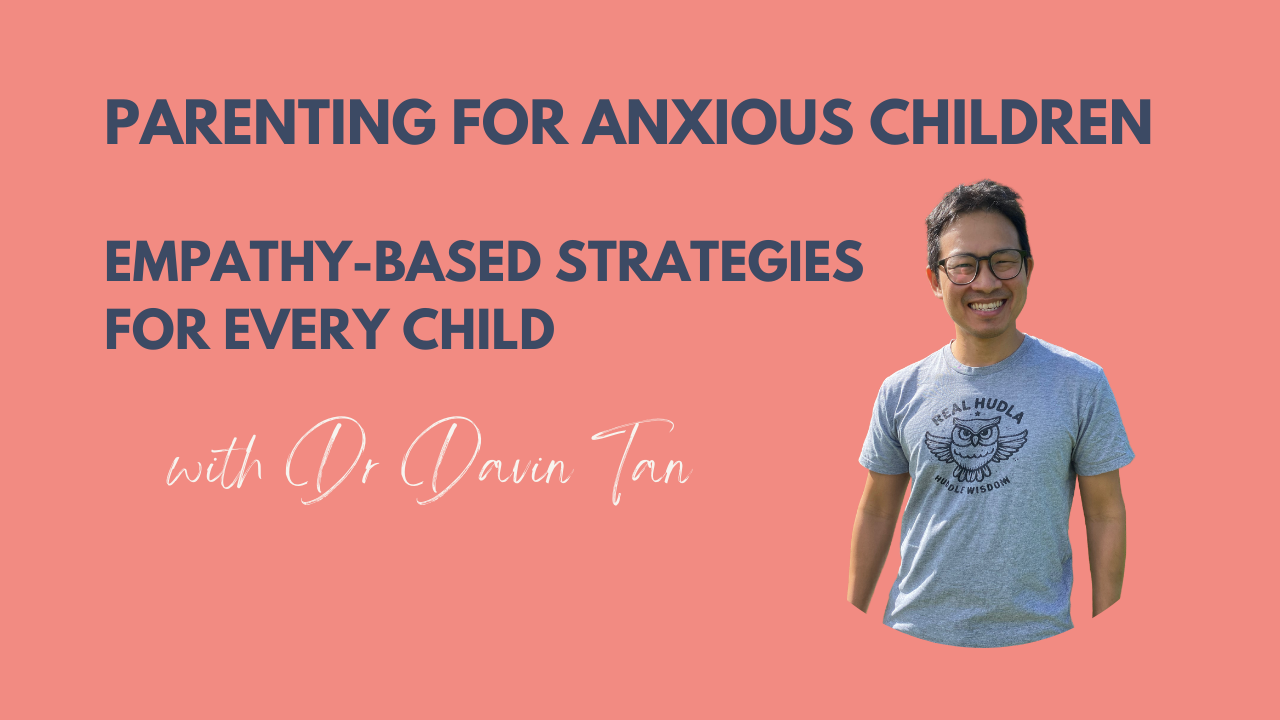The Logic Trap: Why Your Anxious Child Isn't Hearing You (and What Actually Helps)

"I've gone over this countless times. Why the disconnect?"
That feeling of hitting a wall when your anxious child seems impervious to reason – especially when distress peaks – is a shared experience. It’s a frequent topic in my work with families. But the issue isn't a refusal to understand; it's that logic simply isn't the right tool for their brain in that moment.
Let's examine the underlying mechanism.
▍Stress Overrides Rational Thought
When a child is anxious – whether withdrawing or experiencing an emotional surge – their capacity for higher-level thinking (governed by the prefrontal cortex) temporarily diminishes. The emotional center of the brain (amygdala) takes precedence. This isn't a willful act; it's a fundamental neurological shift.
Attempting to explain "it's not a big deal" or "you already know this isn't frightening" at this point is akin to offering complex instructions to someone in immediate danger. It's not what they require.
▍First Priority: Establishing Security
Before rational engagement is possible, the immediate need is to cultivate a sense of safety – both emotional and physical. This can involve:
- Adjusting your vocal tone to be softer.
- Moving your body in a slower, more deliberate way.
- Offering simple reassurance, such as: "You don't need to solve this right now. I'm here."
- Providing quiet, non-demanding presence.
This process, known as co-regulation, allows your child to draw on your composure until they can access their own.
▍Re-engaging Rational Thought: The Calm After the Peak
Once your child’s nervous system has begun to settle – and only then – is it appropriate to gently revisit the situation. Consider initiating conversation with:
- "Would you like to talk about what felt difficult earlier?"
- "Was there a specific part that felt unexpected?"
- "What helped you through that moment?"
This fosters reflection and strengthens coping skills, without inducing shame.
▍Key Understandings
- Emotional distress is not non-compliance.
- Reason cannot bypass fear in the acute moment.
- Empathy is foundational for developing long-term emotional regulation, not an endorsement of unwanted behavior.
- Your calm presence is not a reward; it's the vital support that enables your child to regain their equilibrium.
🎧 Seeking concrete ways to apply this?
My self-paced audio course, Parenting for Anxious Children, provides practical strategies for responding to anxious behavior with clarity and connection, even when it’s challenging.


